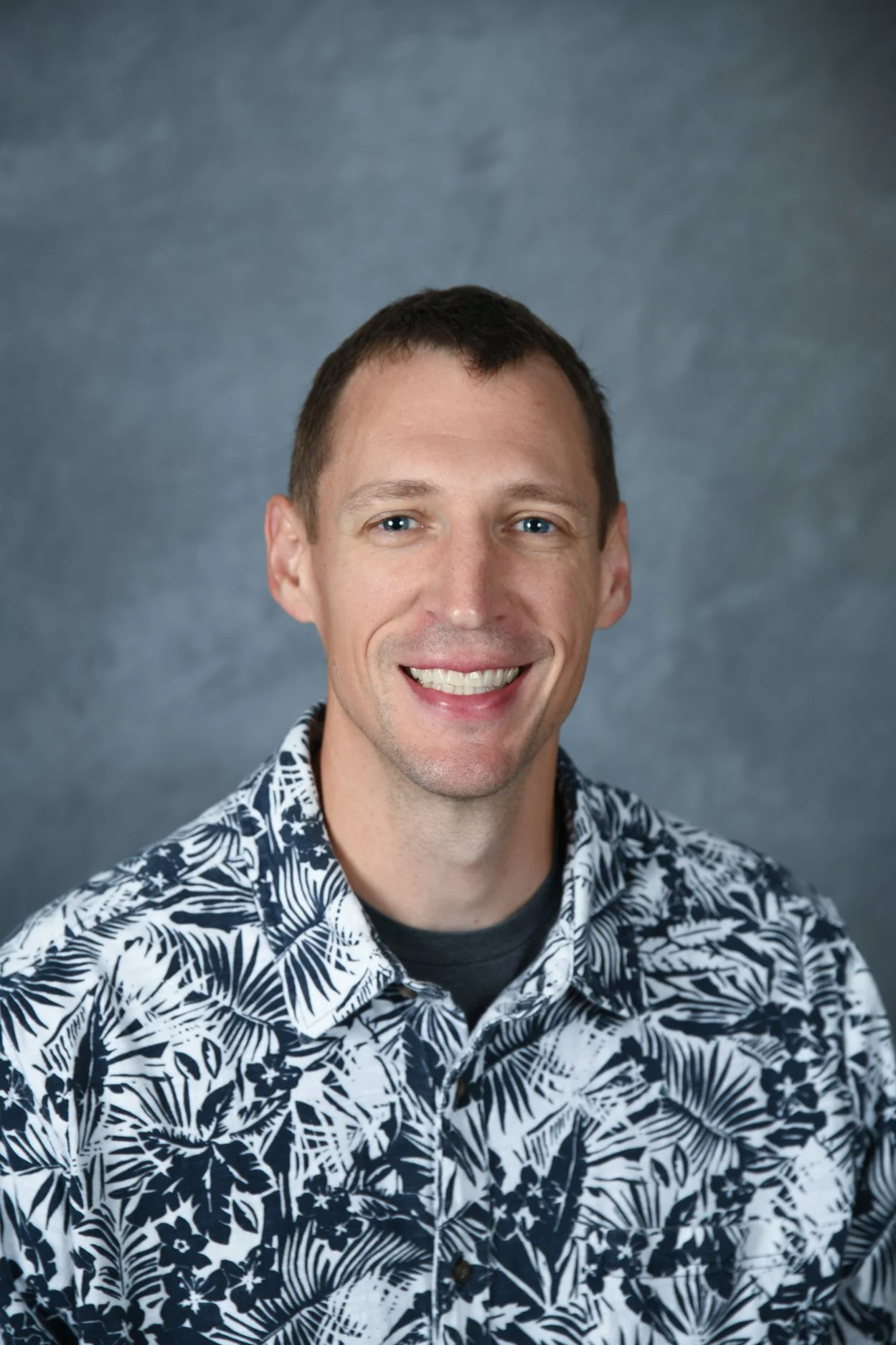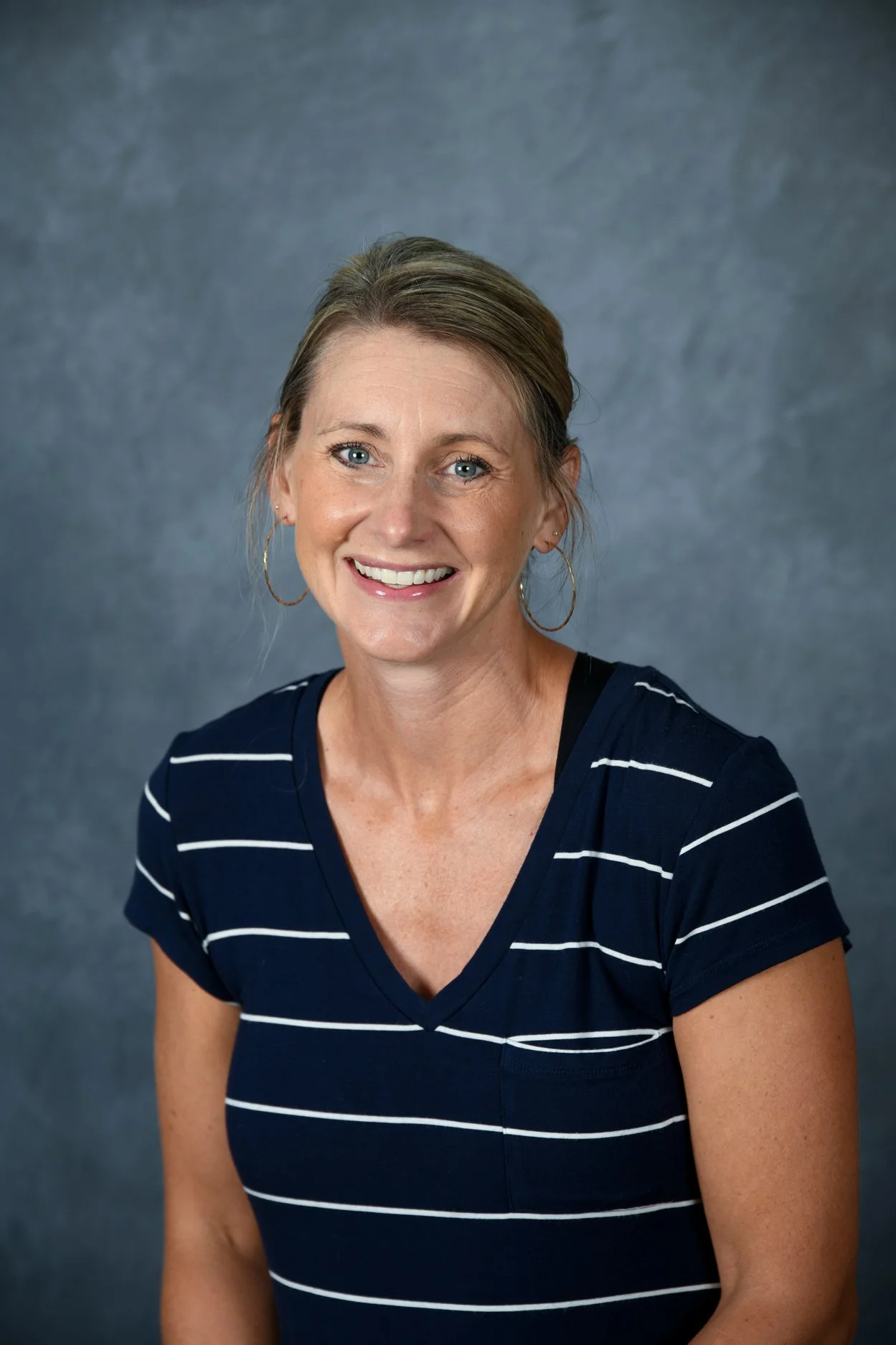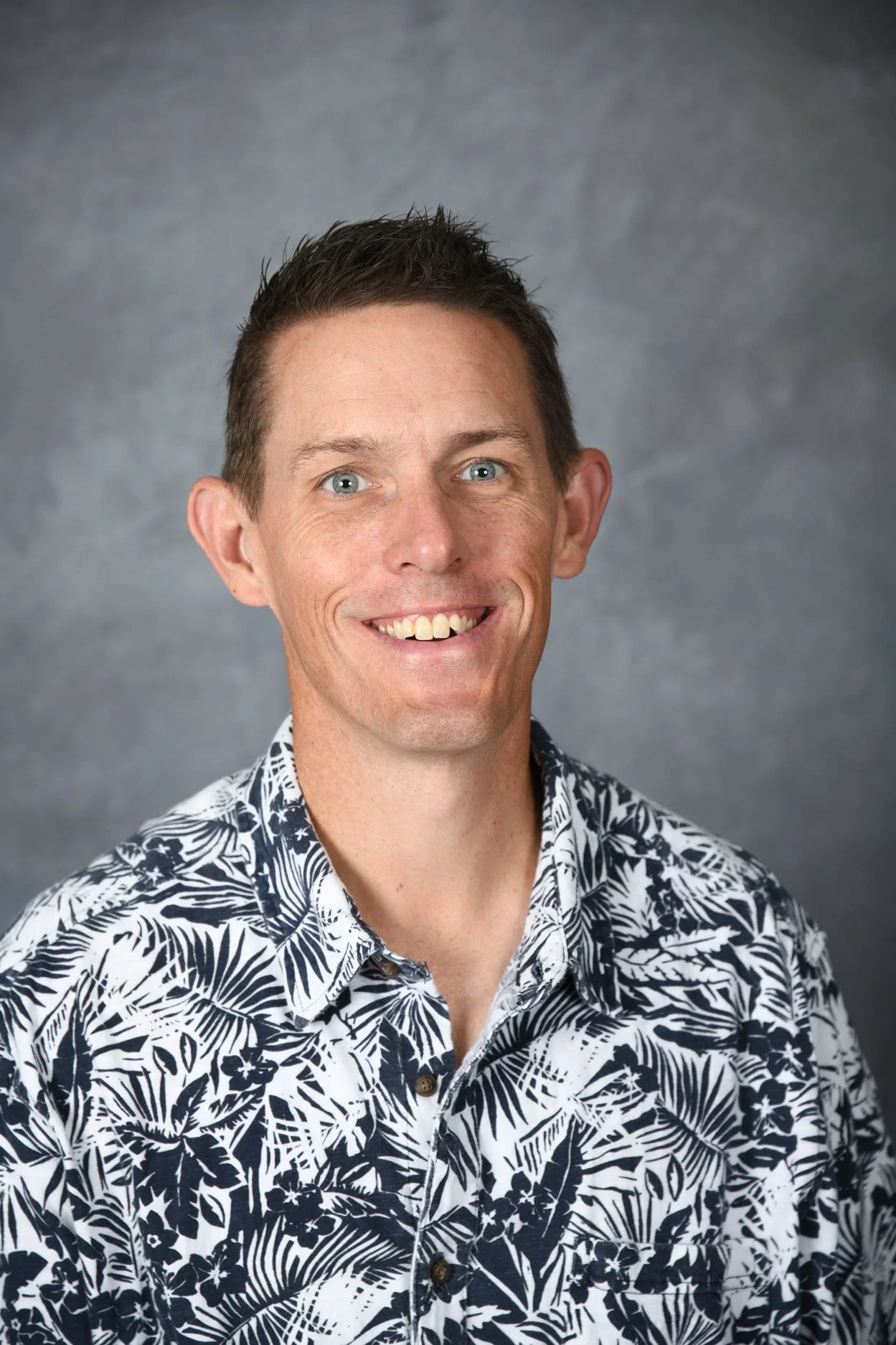Bible
Our Bible curriculum, Walking With God and His People (Christian Schools International), helps students not only understand Scripture but also see how God’s story is alive in their own lives. Written by teachers with a passion for faith and learning, each lesson inspires curiosity, encourages spiritual growth, and provides practical ways for students to live out their faith. At BCCS, Bible is taught by the homeroom teacher, allowing for a deeper connection between faith formation and everyday classroom life.
Language Arts
Mr. Zach Schutte
Our middle school language arts program is divided up into reading, writing, spelling, and grammar. It's going to be a great year learning about how we use and appreciate language in God's world. A majority of class time will be spent on reading, including the purpose and practice of reading, genre study, in-depth author study, how to analyze a piece of literature, literature circles and oral presentations. We will also discover more about why readers read, how to use effective comprehension strategies while reading, how to respond to literature in writing and in dialogue and how our worldview affects our reading experience.
Math
Mrs. Lynnelle Funk
God created our universe in an orderly fashion. Mathematics enables people to study the patterns and relationships found throughout God's creation. The mathematics of algebra, geometry, and logical reasoning expand our understanding of the complexity of God's creation. The greatness and wonder of our Creator and God are revealed as we study mathematics. Basic mathematics and the skills of computation are also needed to function in our society.
Goals
1. Students will develop the basic skills of computation.
2. Students will develop mathematical skills and logical reasoning to solve classroom and real life problems.
3. Students will have exposure to the technological tools of mathematics - calculators, computers, spreadsheets, etc.
Science
Mr. Clay Lubbers
My deep hope for science in my classroom is that in everything we do we see the Story of God in Creation; His creation of the universe, our fall, our redemption, and His restoration; and we use that story to become His agents of restoration in our fallen world. Something we frequently refer to in my room is the Belgic Confession, Article 2, in which we find that we know God by two means, first, through His creation, preservation, and government of the universe (SCIENCE!), and second and more directly, through His Word. To accomplish this deep hope, we explore many facets of God’s creation and focus on unusual or fascinating things that the students do not know or find amazing. As Paul wrote in Romans 1:20, “Ever since the creation of the world his eternal power and divine nature, invisible though they are, have been understood and seen through the things he has made. So they are without excuse.” The joy of science, to me, is that I get to revel in that verse in every class period, whether we are studying God-designed chemical interactions or the complexity and wonder of the human body. Science can't help but give praise and point to the Master Designer and Creator. A major part of this is leading by example both for myself and my students. As a part of each unit I ask the question, “How can we redeem this part of God’s creation?” We then look at ways we can do this, and then we practice them. If we want our students to actually work for restoration as adults, they need to learn to work for restoration as students. Action is more important than words. People need to see Jesus in us, and in doing that we can continue to work to restore this fallen creation.
Social Studies
Mr. Tom DeBlecourt
My goal in teaching Social Studies is for each student to recognize the gifts God has created in them, and to gain a more complete understanding of God's world, both in the present and in history. My hope and prayer is that my students will have a desire to use their gifts and knowledge to serve others in Christ's name.
In 7th grade, we study US History from the time of the explorers and conquistadors.
In 8th grade, the class is divided into three distinct topics. First we cover US History from the time after the Civil War (known as Reconstruction) through our nation's growth and movement into the West. Second, students will learn about democracy in general and American government in particular. Finally, we will spend the majority of the second semester studying world geography. The culmination of the Middle School Social Studies program is the student's completion of their "Good Samaritan" projects whereby they search their hearts and consciences for an injustice in the world and discover a concrete way they can affect it.






